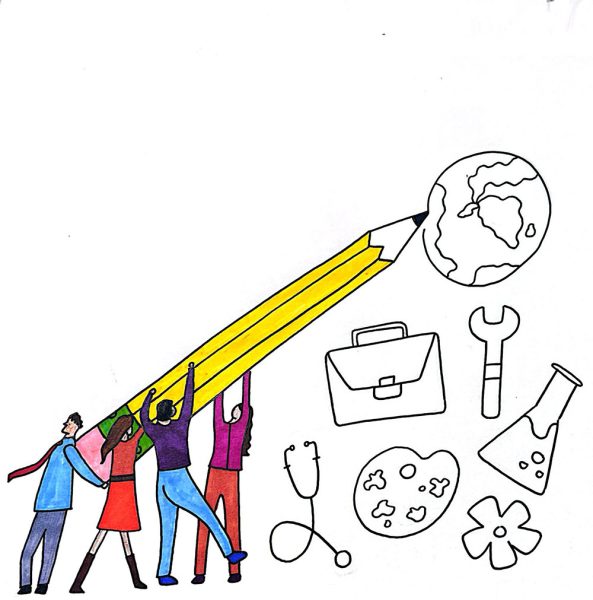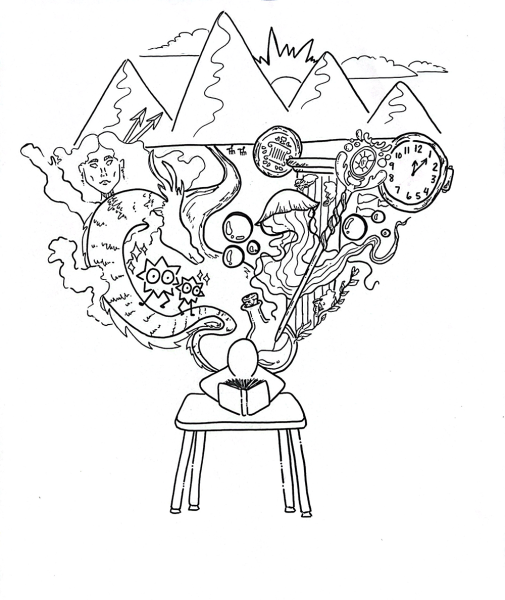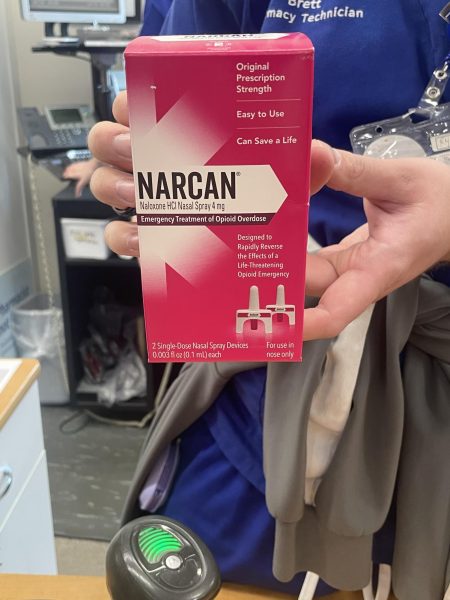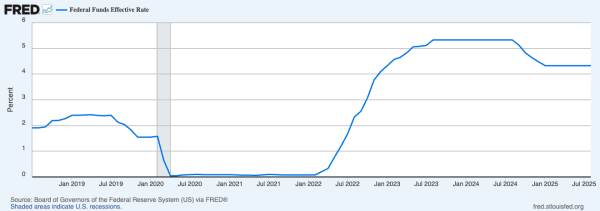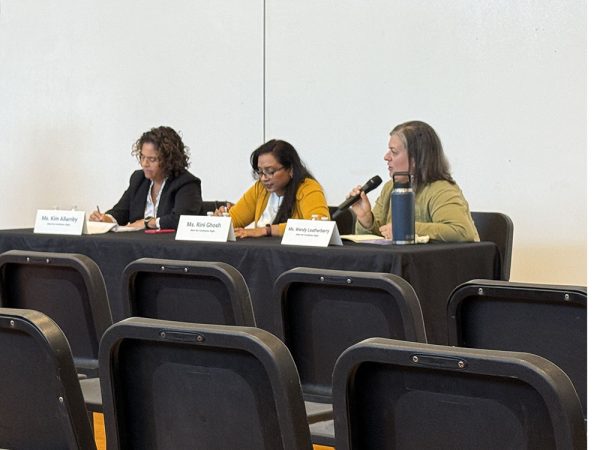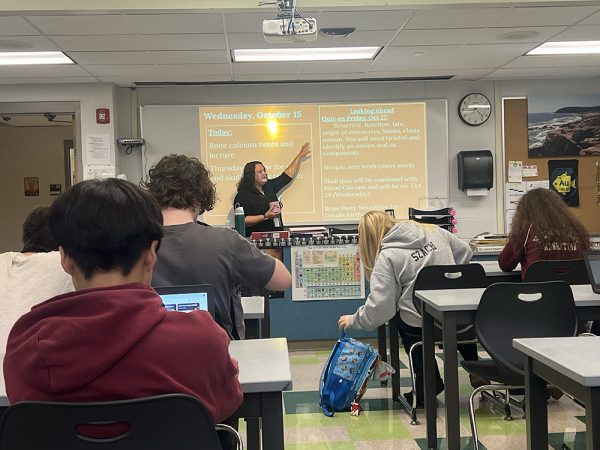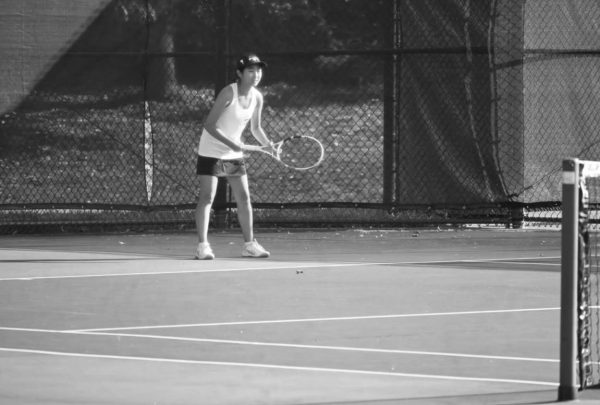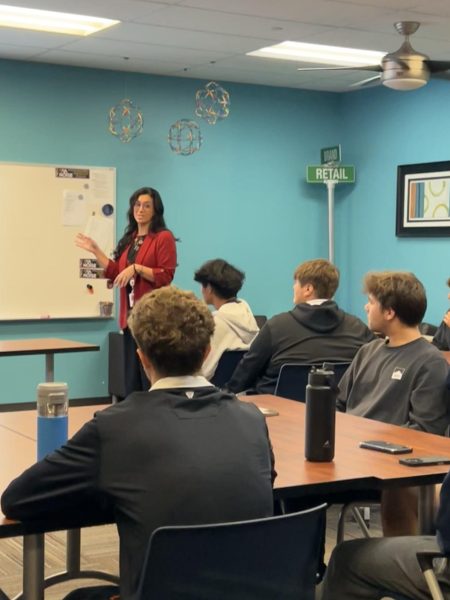Education is Not a Race
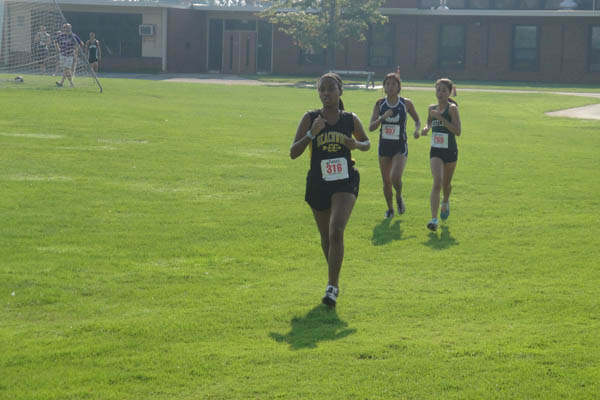
As the first quarter comes to a close, students are seeing the full effects of new educational policies. The new Common Core curriculum, already being implemented in math classes, is designed to make classes more rigorous in preparation for more difficult state exams. Last year, the BHS administration decided to offer five new AP courses and encourage more students to take them.
Some may look at these developments with a smile. Pushing students harder will yield more learning. If students know more, they’ll be more prepared to compete in our interconnected world, right?
Wrong.
First, increased workload doesn’t actually increase learning. A study by Harris Cooper and others of Duke University suggested that after a certain number of hours, the positive correlation between homework and achievement disappeared, and there might even be a negative correlation.
This makes sense. When you have homework in every class, you can’t spend the kind of time as you ought to on each assignment. When you have to do a cursory job on all the homework you have to get done, all the time spent is counterproductive with respect to learning.
Second, this mindset is itself flawed. Education is not just about gaining knowledge. Part of education is about finding things you’re interested in, making one’s own connections, and solving problems. Students should have time to read unassigned books such as The Clockwork Orange and draw parallels to today’s society. Students should have time to follow their own artistic interests, unguided by a teacher, and discover what materials truly work best to complete their work. Students should have time to volunteer with their local state representative to learn about the political process. But when do we have time, when we have to spend all our free time completing assignment after assignment?
Students should have time to pursue our passions. People can learn as much from doing things that interest them as from learning about the history of Mesopotamia. In these activities, students develop problem-solving skills we will need in college and in the real world, hone skills we may pursue in the future, and most importantly, foster a love for learning.
Not only does excessive homework deplete precious time, but it makes it unlikely students will ever develop true passions. With any remaining free time, students will want to socialize with friends or simply catch a nap. Thus, our intellectualism and passion are practically snuffed out.
So what’s the cause of the problem? How can we fix it? Most directly, it is the fault of the teachers. If they assigned less work, kids would learn more and learn better. Yet teachers wouldn’t assign so much work if they weren’t getting pushed by district initiatives and national programs with promising names like “Race to the Top.”
But that still doesn’t get at the root of the problem. The root of the problem is us. We view education as a race, as a means to an end. The more we learn, the better college we’ll get into, the better job we’ll get, the better life we’ll have. Or so we think.
Yet education is an ends unto itself. We learn to develop ourselves, broaden our horizons and better understand our community. We learn in order to be contributing members to society. It’s not that it’s unimportant to learn content; of course you have to know how to solve problems. It’s that education is more than an amalgamation of facts; it’s a tool to nurture ourselves and nurture society, and it shouldn’t be taken lightly.
(Photo of 2011 cross-country practice, Beachcomber archives)



